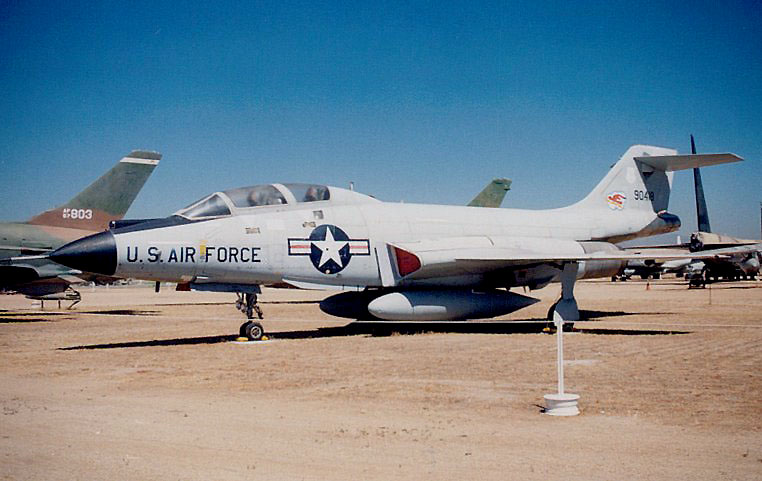
The F-101B is an all weather, long range interceptor developed from the F-101A. The two man crew (1 pilot and 1 radar operator to work the MG-13 fire control system) flew an improved and more powerful (More powerful engines) version of the first F-101A Voodoo. The double cockpit however decreased the internal fuel capacity of the F-101B and therefore the combat range suffered. A solution for this problem was made by building in an in-flight refueling system.
A total of 479 F-101B’s were built, and 152 of those were later upgraded with an update of the fire control system and removing the in-flight refueling probe amongst other modifications.
| F-101B / F-101F | |
| Developing Nation: | United States |
| Task: | long range interceptor |
| First Flight: | March 27th 1957 |
| First Delivery: | |
| Crew: | 2 |
| Ejection seat: | Weber F-101 Voodoo Pilot Escape System |
| Wing Span: | 12,09 m |
| Wing Area: | 34,19 m² |
| Length: | 20,54 m |
| Height: | |
| Engine (s): | Pratt & Whitney J57-P-55 turbojet (2x) |
| Weight: | 13141 kg |
| Max.Take off weight: | 23768 kg |
| Max. Speed: | 1965 km/h at 12190 m |
| Max. Range: | 2494 km |
| Radar: | built by Hughes aircraft, no type |
| Weapons3 different configurations: | – Mb-1 Genie nuclear missiles (2x)- AIM-4C, -4D, or -4G Falcon missiles (4x)- Falcon missiles (6x) |
| Extra: | |
F-101B & F’s were in service with the United States Air Force and the Canadian Air Force.




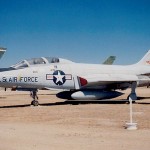
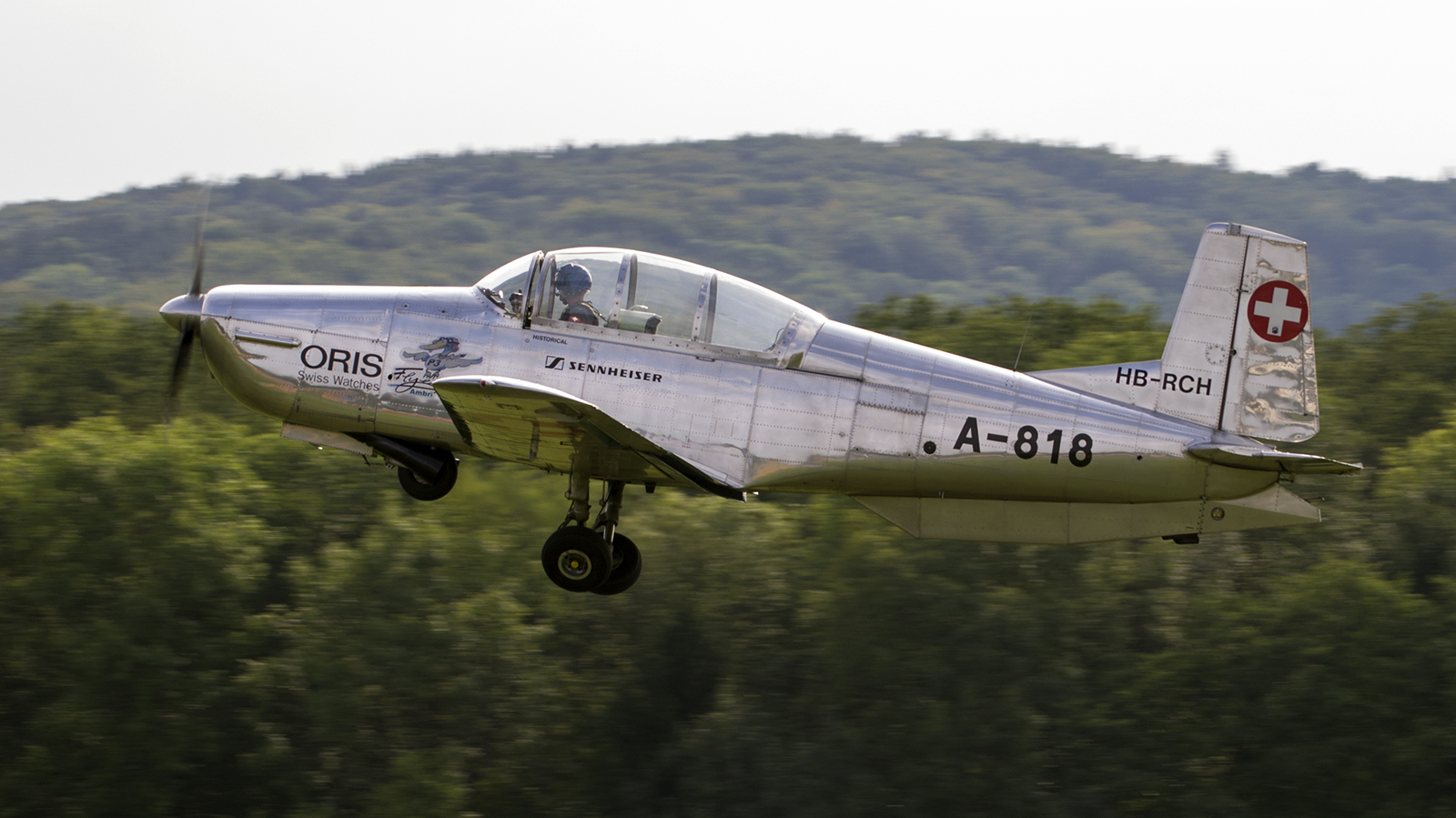
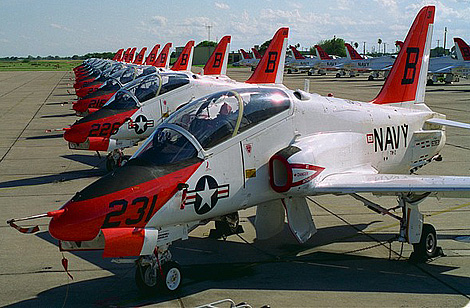
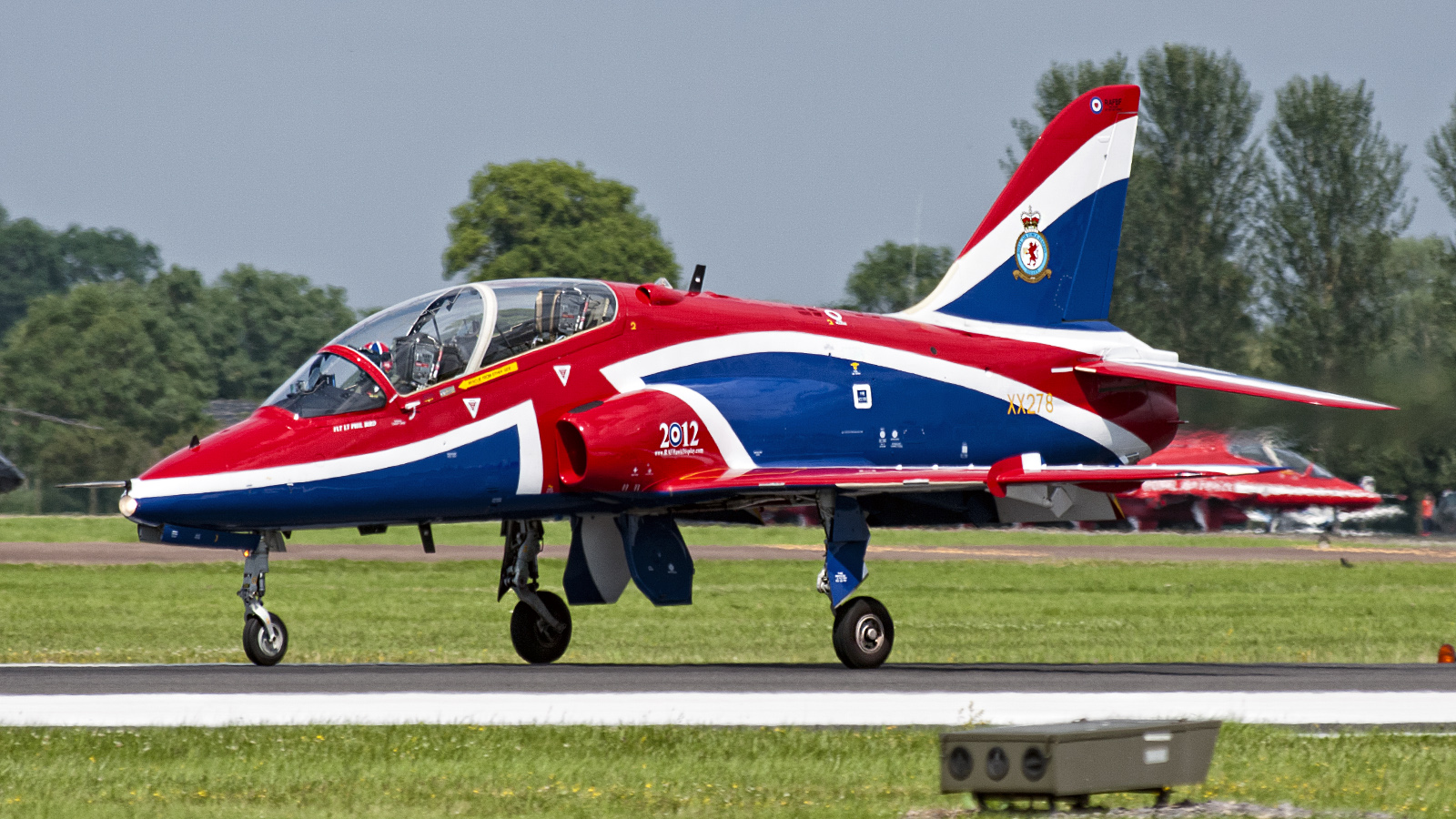
Be the first to comment